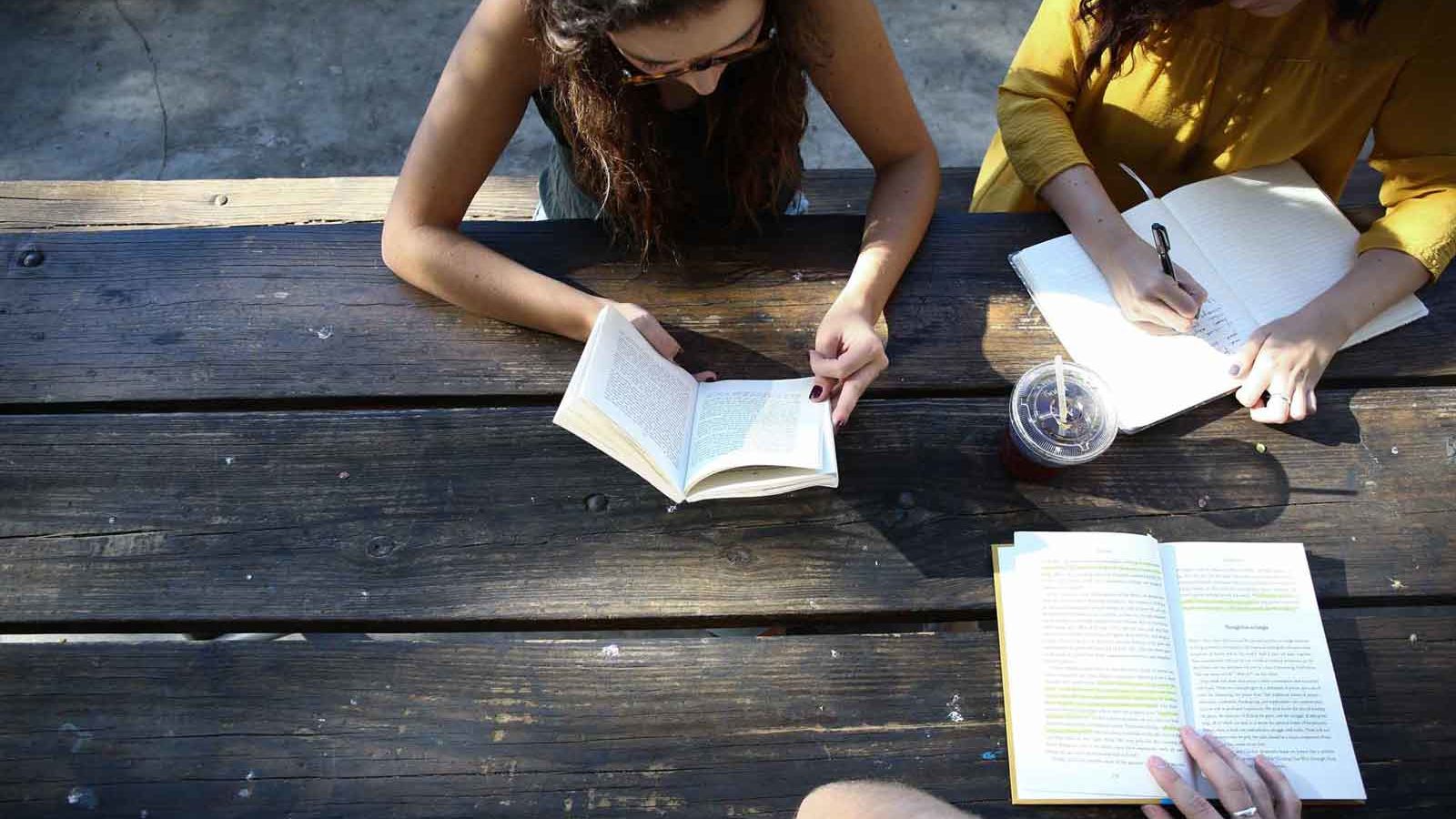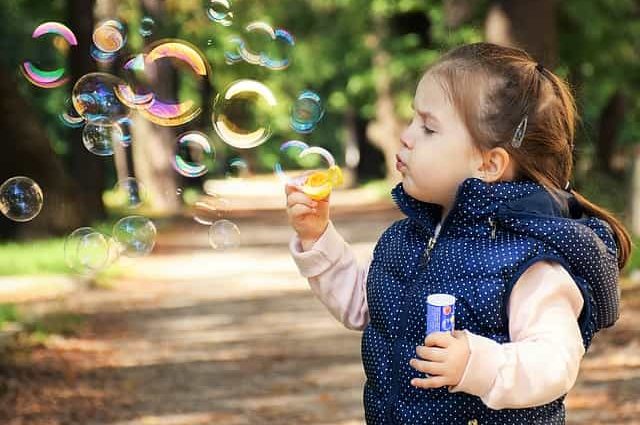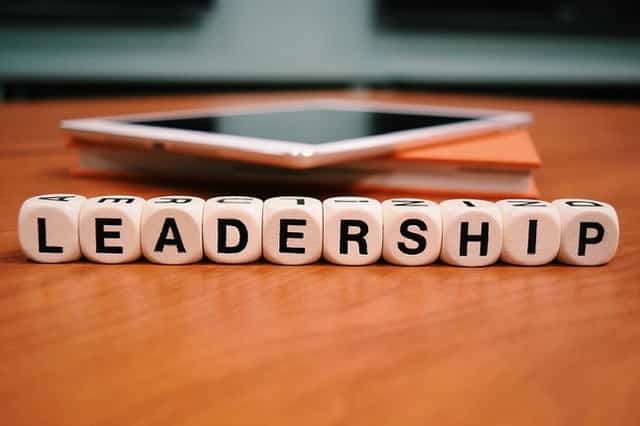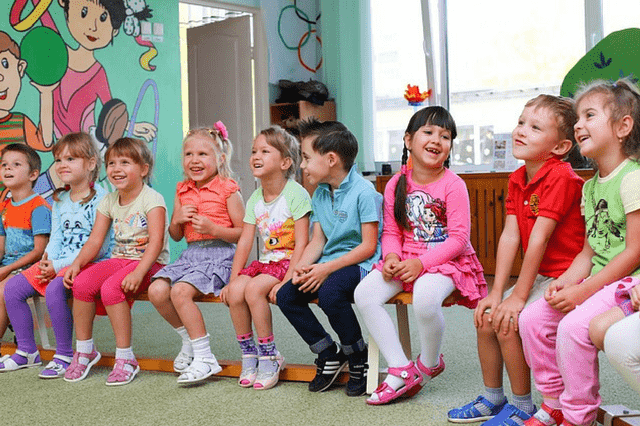No single factor determines whether a child is ready to start kindergarten. Here’s how to tell if your child is mature enough physically, socially, and cognitively.
By the time children are 5, which is the usual kindergarten age, they should have certain Kindergarten-Readiness skills.
However, no two 5-year-olds are alike in their interests, ways of relating to each other, approach to learning, or early literacy and math skills. Therefore, if a child’s abilities are measured in several different areas, we can get a general sense of what Kindergarten Readiness looks like. Knowing what to look for is the first step.
Below we will explore what Kindergarten Readiness looks like in the areas of language, cognition, knowledge of print, mathematics, socio-emotional development, physical development, and practical development. As you go through the different categories of Kindergarten Readiness, ask yourself the following questions – click here to download the checklist. If you answered “yes” to most of them, your child is definitely ready for kindergarten!
Language Readiness
Kindergarten requires a level of listening and speaking in English to communicate basic needs, follow the class, and fully participate in the daily activities. A good way to prepare your child is by playing simple games together, or reading stories together and then discussing content afterwards. As much exposure to English as possible is important, so if you are unable to communicate in English with your child, use the help of a teacher, babysitter, or TV program like Elmo’s World, or Super Simple Songs.
Cognitive Readiness
Cognitive readiness means that your child is able to form meaning from what he is experiencing in the world, and then being able to apply that meaning in different contexts. Kindergarten requires a certain cognitive level of development, as it is the beginning of an educational journey which hopefully can be met with success. Not everyone develops at the same time, so don’t worry if your child lags behind. If you want to be sure, consult with your child’s childcare worker. Attending a science museum together can help develop cognitive readiness, as can playing puzzles and games together. Be sure to discuss the things you observe.
Print Readiness
Developing an excitement for using print to make meaning is a foundational skill for academic success, so make sure it’s fun for your child! These are easy things to practice together at home, and many websites and books can help children build this foundation. Starfall.com has many activities for kids to learn their basics– ABCs, colours, and some basic rhyme. Youtube channels to help your child include: Sesame Street and Baby Einstein.
Math Readiness
Many of counting games can be done at home with objects around the house, for fun. Counting can also become a walking/traveling game.
Socio-Emotional Readiness
He’ll be interacting with other children all day, so your child’s social skills are particularly important for success in school. If your child has siblings, that takes care of this one. If not, make sure he is a part of a play group and has experience with taking turns, and solving simple problems with others.
Physical Readiness
The ability to hold a pencil, cut with scissors and use glue show that your child is using the small muscles in his hands with ease, which will help with writing the alphabet in kindergarten. Additionally, your child should be able to hop on one foot, run, jump. Even active play such as this has been proven to be good for brain development. Enrolling your child in art, drama, cooking and sports classes is a nice way for them to develop their large and small muscle movement skills.
Practical Readiness
Practicing self-sufficiency at home is very important, so that once your child is in a class with many other students, he won’t be looking for an adult to help him with practical things. Establishing good daily routines and self-care habits such as brushing one’s teeth daily will help children in the long run with things like school expectations/schedules.
If you answered “yes” to most of these questions and “sometimes” to the rest, your child is ready for kindergarten. If not, your child might well benefit from another year of preschool, or from a pre-K class which specifically equips your child with Kindergarten Readiness skills.
It’s not easy to determine all of these things on one’s own. If you gather feedback from others, you can get a fuller picture of your child’s abilities and strengths. Those experts who can help you to determine whether your child is kindergarten-ready are his teacher, childcare giver, doctor, or other family members. Additionally, observing a kindergarten class can provide you with tangible information. You can watch the children interacting and completing tasks during the day, and this might allow you to consider whether your child could join in easily.
It’s exciting to see your child grow bigger every day. Just imagine his first day of Kindergarten, when your heart swells with pride! Before that grand event, may you enjoy your time with your child as he walks along the paths of learning every day.



 Leadership and Teamwork
Leadership and Teamwork